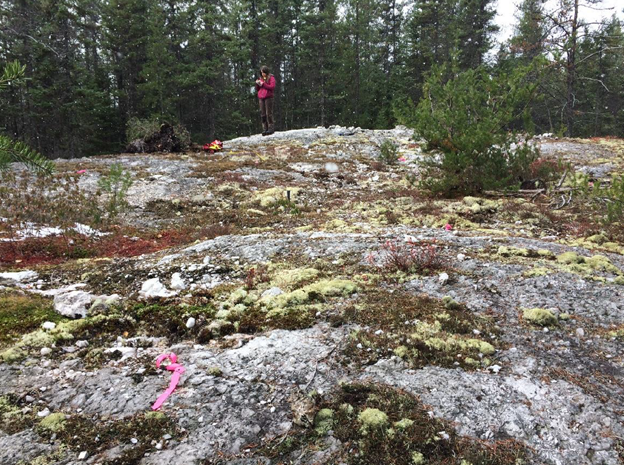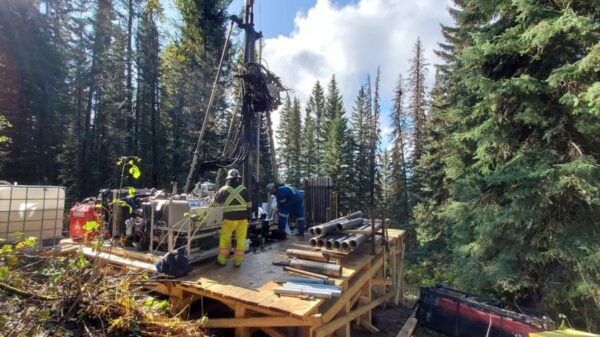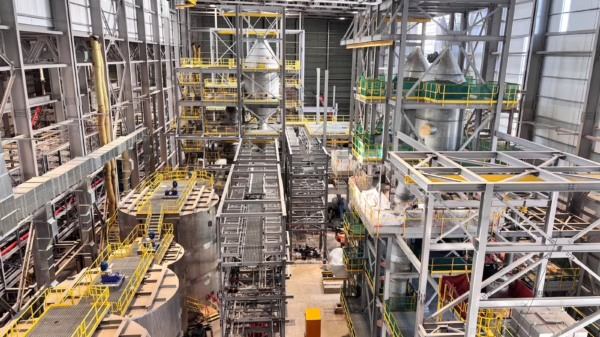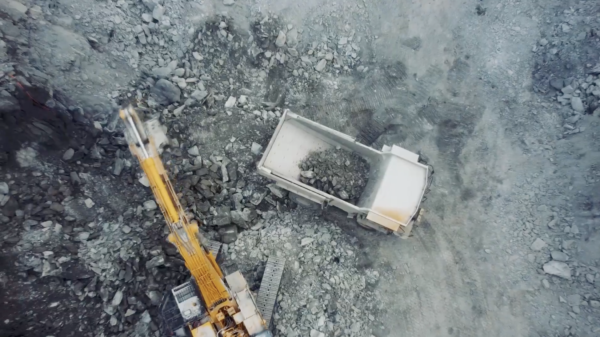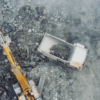Australian explorer, Olympio Metals (ASX: OLY) acquired an option to purchase a 100 per cent interest in the Cadillac lithium property in Quebec from Vision Lithium (TSXV: VLI) (OTCQB: ABEPF) (FSE: 1AJ2).
Vision Lithium announced the acquisition on Tuesday.
As part of the deal, Olympio will pay $500,000 in cash and give 10 million shares. This stock will be given to Vision Lithium within five business days after all the necessary approvals. Additionally, Olympio will pay another $500,000 in cash within 30 days from the approval date.
Additionally, before the first year is over, Olympio will make two more cash payments of $500,000. One of these payments is to reimburse Vision Lithium for its exploration expenses during its ownership, and the second is to cover expenses Olympio will spend on the property during the time it has an option to buy it.
“The known mineralized lithium dikes on the property exhibit good continuity and grade which suggests excellent potential for positive results from additional drilling as well as new discoveries elsewhere on this very large property,” said Yves Rougerie, president and CEO of Vision Lithium.
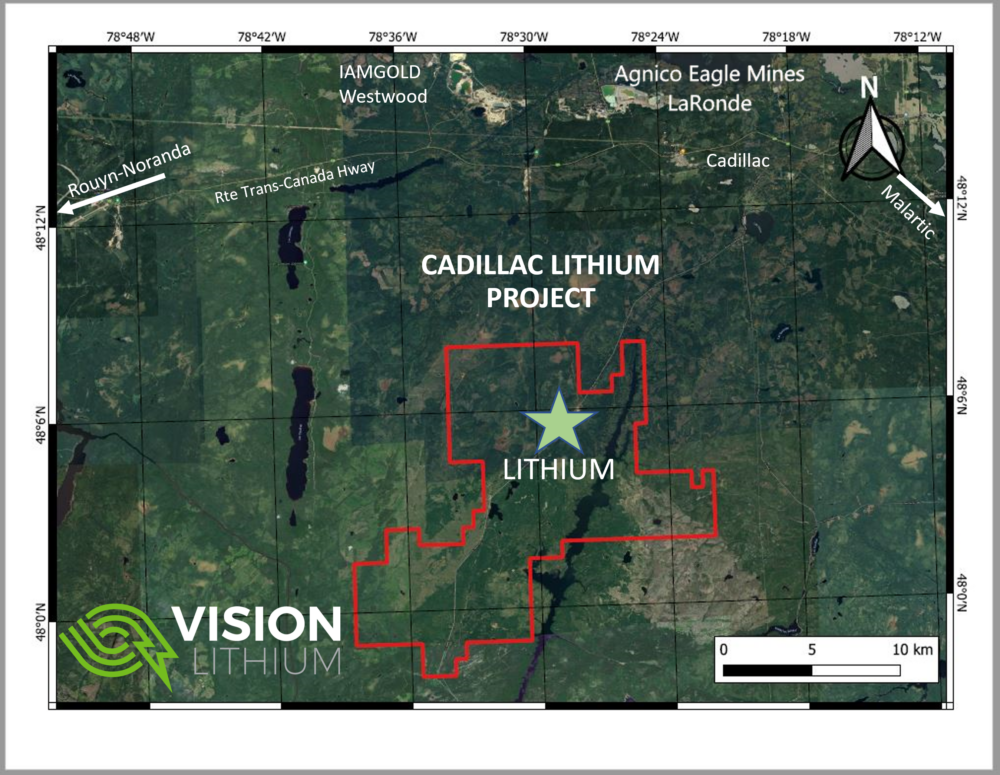
Cadillac lithium project map. Image via Vision Lithium.
Read more: MAX Power Mining doubles lithium footprint in Northern Quebec
Read more: Government of Canada establishes $1.5B fund for critical minerals projects
Areas of interest marked for 2023 investigations
The Cadillac Lithium property is less than 20 kilometers south of the Trans-Canada highway between Rouyn-Noranda and Val d’Or in the Abitibi mining region in Quebec, Canada. It covers 190 square kilometers and contains a series of closely spaced and steeply dipping rock formations that contain lithium-rich minerals.
The property was drilled for the first time in 2022, showing that these rock formations are continuous in both direction and depth. Some of the drilled areas showed high concentrations of lithium, with measurements of up to 2.13 per cent lithium oxide over a length of 3.0 meters and 1.00 per cent lithium oxide over 6.4 meters.
During the exploration in 2022, researchers also discovered several more similar rock formations nearby that haven’t been fully explored. In the first year of exploration, research focused on many linear features in the landscape that were identified using LiDAR technology and might indicate the presence of valuable lithium-rich rocks. Some areas of interest were marked for further investigation in 2023, and there is still more ground surveying to be done across the entire property to find other potential sources of lithium.
Vision Lithium shares were flat at $0.09 on Tuesday on the TSX Venture Exchange.
Read more: Nevada Sunrise Metals appoints ABH Engineering for Nevada lithium studies
The Abitibi region holds favourable geology for lithium
The Abitibi region is known for hosting a variety of geological structures, including pegmatite dikes and spodumene-bearing rock formations.
These geological features are favourable for lithium mineralization. Spodumene is one of the primary sources of lithium, and pegmatite dikes are often associated with high concentrations of lithium-rich minerals. As a result, the Abitibi area provides a promising geological setting for potential lithium mining and exploration activities.
A few companies operating in the space include Nemaska Lithium, which operates the Whabouchi mine in the James Bay region in the north of Quebec. Also Sayona Mining (ASX: SYA) is an Australian company that has acquired interests in lithium projects in Quebec, including the Authier Lithium Project.
Critical Elements Lithium Corp. (TSXV: CRE) is a Canadian exploration company that focuses on developing lithium and tantalum projects. One of its significant projects is the Rose Lithium-Tantalum Project also located in the James Bay region of Quebec.
.

